Two doctors refuse to regenerate, then get into some scraps, then regenerate after all. It's pretty great.
Mark Gatiss’ DOC-u-drama is a heartfelt glimpse at the origins of Doctor Who
Podcast: Play in new window | Embed
With the occasion of the 50th Anniversary of Doctor Who in 2013, we were treated to a peek into the past and a glimpse behind the curtain with Mark Gatiss’ biopic, An Adventure in Space and Time.
In 1963 Sydney Newman, a Canadian TV producer and Head of Drama at the BBC had an idea for a quirky new science fiction show about “The Doctor”, an older gentleman, who travels around space and time with his granddaughter in a so-called “TARDIS”. Sydney tasked Verity Lambert, the first female producer at the BBC, to make it a reality. And with Waris Hussein on board, the first director of Indian descent at the BBC, Doctor Who began to take shape, starting with the casting of William Hartnell in the lead role.
An Adventure in Space and Time follows that process through the eyes of these three, with particular focus on Hartnell himself, and reveals, in admittedly dramatised and occasionally delightfully schmaltzy ways, how the Beeb’s greatest legacy was formed.
We’ll go ahead and spoil this right away. We loved this film. And in addition to reviewing it, we found ourselves inspired to discuss the many challenges faced by the production crew, the rise of William Hartnell and a love of Doctor Who that has already spanned generations.
Give it a listen now!
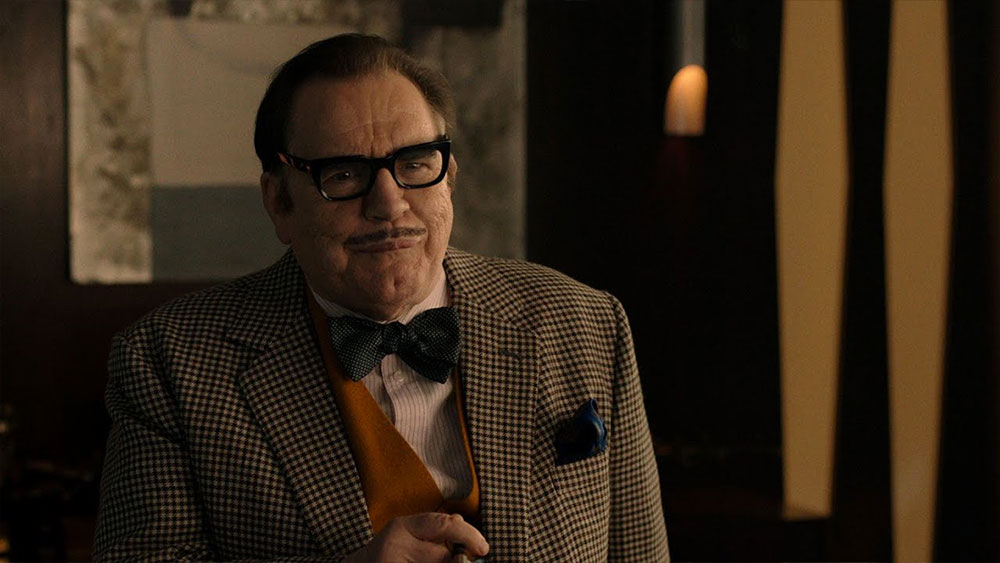

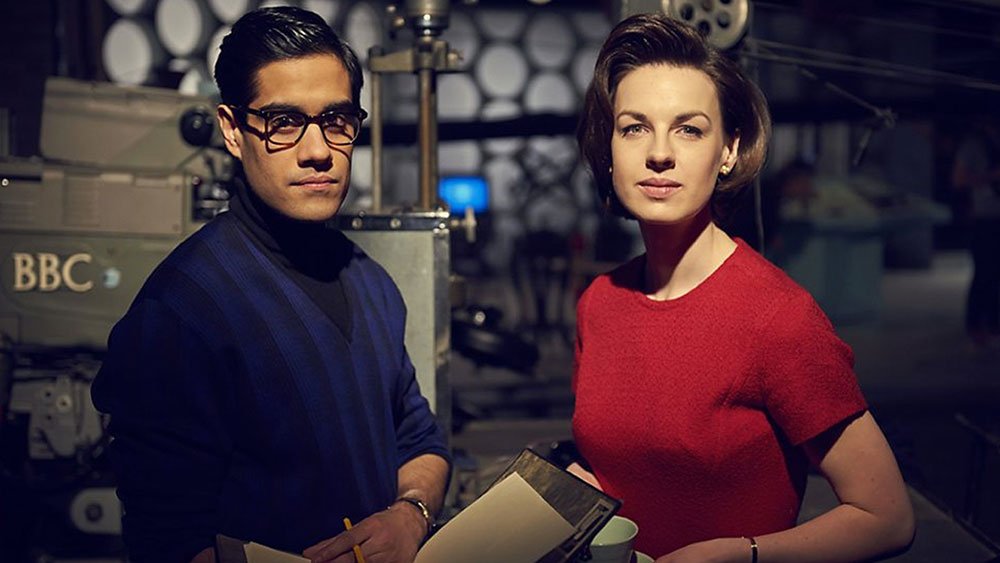

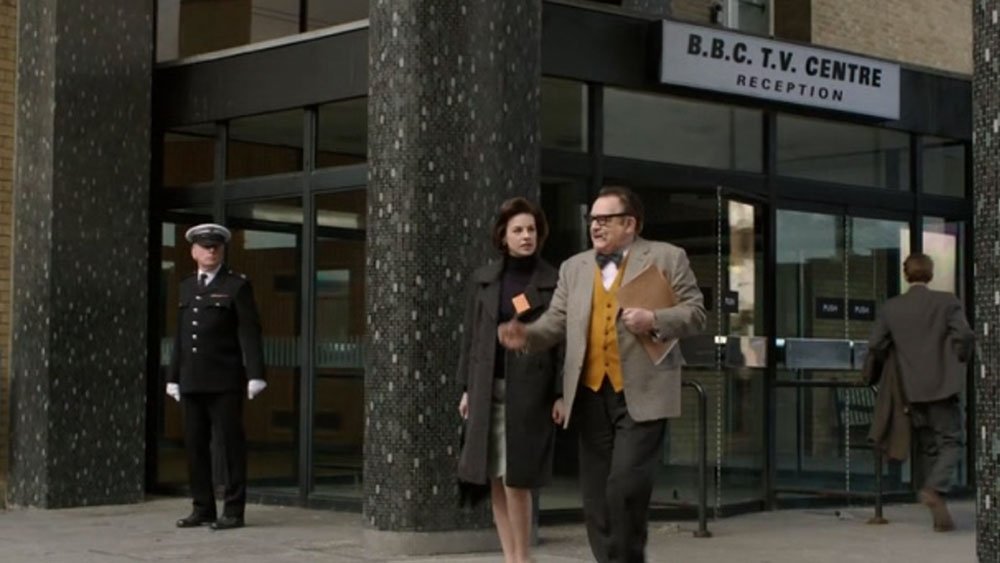

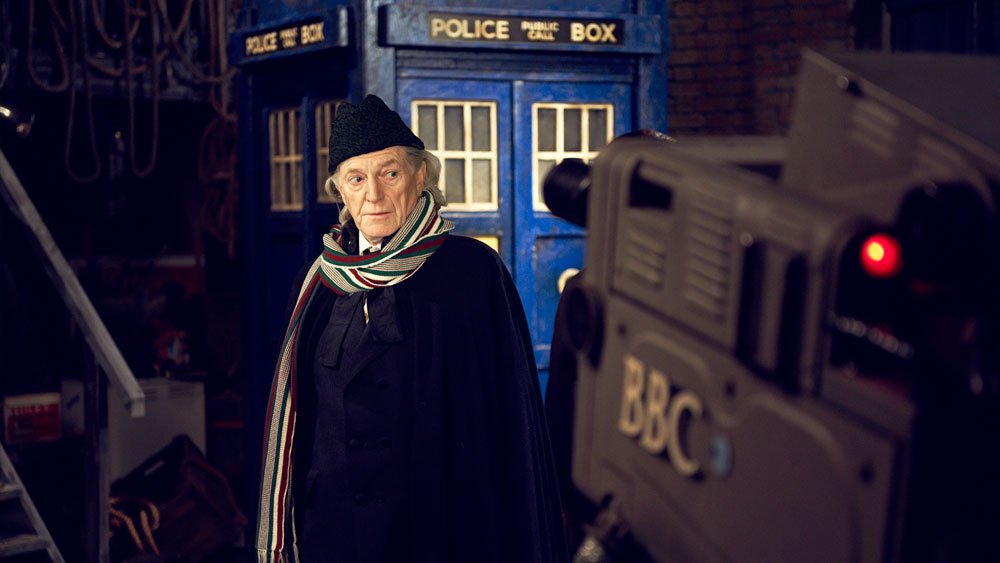

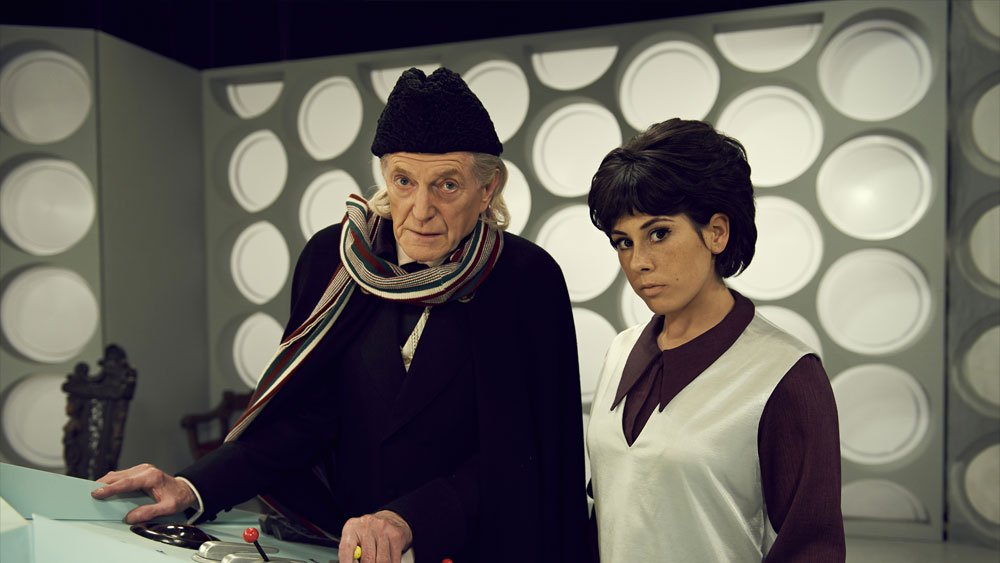

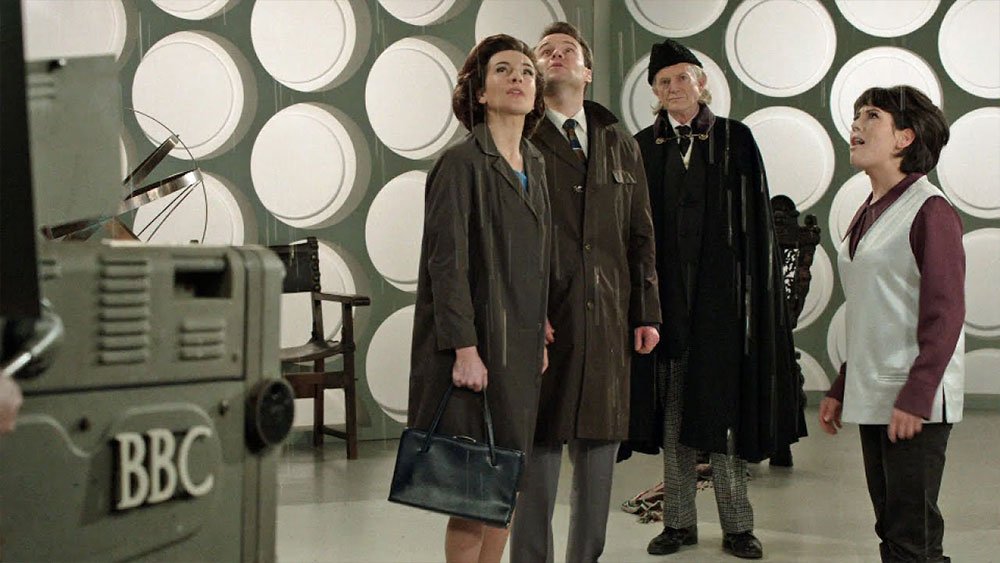

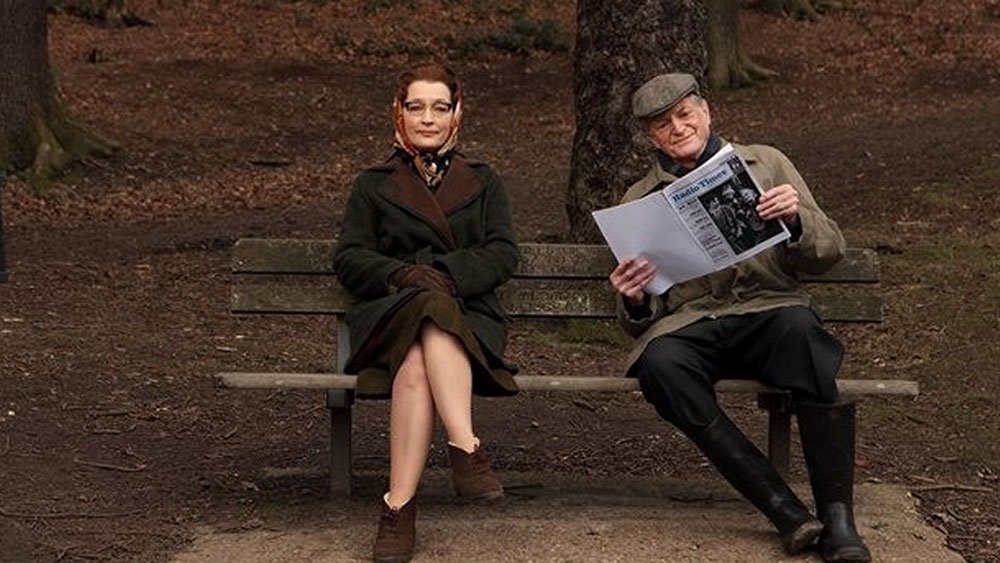

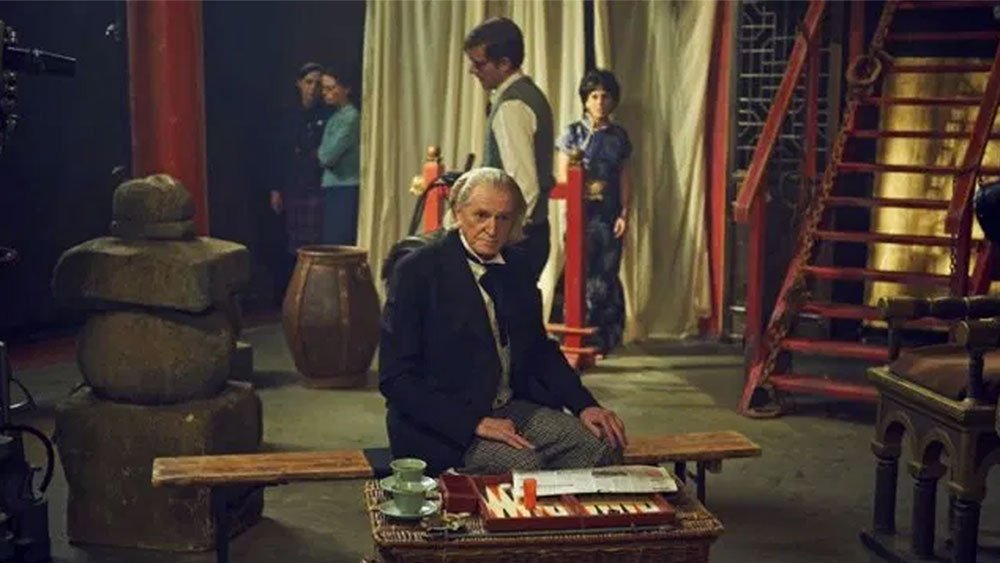

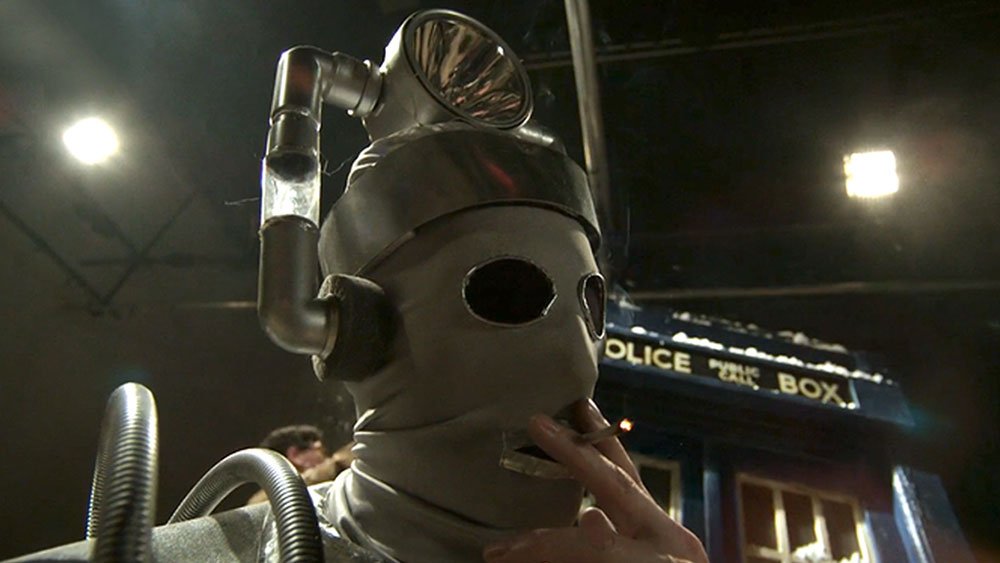



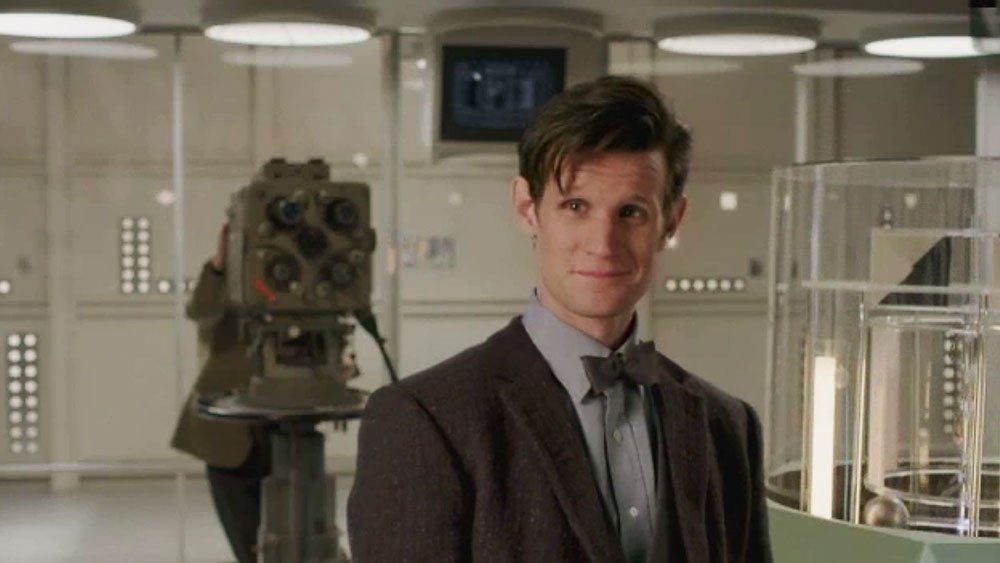



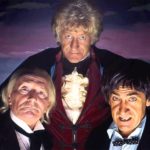
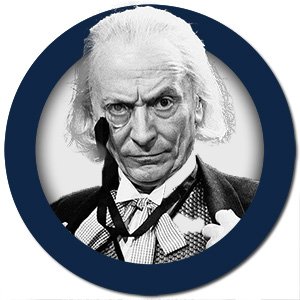







Once upon a time, Toronto-born Sydney Newman had an idea for a kids tv show. He cobbled together the most unlikely group of individuals to make it, and in doing so, transformed generations.
It’s easy to be here now, look back on the history of the Doctor Who series, and comment about what works and what doesn’t. What “An Adventure” has done, is provide us a glimpse, perhaps a bit rose-
tinted, on what it may have actually been like, carving something out nothing. Pervasive racism and sexism, impossible production restrictions, and single-mindedness in the face of colourless
bureaucracy are fully on display in the 1960’s BBC HQ.
Against tremendous odds, Doctor Who became a staple, and when faced with obstacles, it adapted, and
persevered for 26 seasons. It introduced notions and concepts never before considered for the small screen, let alone the big screen.
It laid the ground work for other works to push boundaries and challenge perspectives. David Bradley is a gem, and Mark Gatiss very nicely shares with the audience a thoughtful and considerate homage to
William Hartnell and the team that brought Doctor Who to life.
Score: 4.5/5 Beautiful in all the right ways. And yes, Matt Smith appearing at the end made me choke up a bit. Why can’t Gatiss write like this all the time?
The BBC in 1963 was a terrifying place, where it was frequently impossible to leave a room without making eye contact with the one poor soul you were keeping a poignant secret from. Moreover, homosexuality was illegal, so resident fruits were forced to compress their longings into protracted, blatant ogles across the room with the lustful tension set so high and so thick Captain Jack could have swung from it with both hands. Doctor Who was thus apparently built upon a foundation equal parts telepathy and antipathy.
To be slightly more serious, this film was OK, but I came away wanting more, and rather than craving more of the same it was because I felt a little underfed. Greater parts of this show’s history seem to have been elided than necessitated by the running time constraints. Sydney Newman takes solo credit for a basket of ideas contributed to by multiple others, which creates an odd sensation of his having been almost divinely inspired that serves to levitate the show’s early struggles above its dramatic historical grounding. Similarly, Verity’s status as his third choice of producer, although it might have further accentuated the steepling odds she faced, is similarly omitted. More minus points for not bothering to relate the tragic demise of Stumpy the dog, who fails to appear in the second park sequence.
And as for Matt Smith’s appearance, what can it possibly signify? The tragedy of the increasingly lonely old man struggling with his health is deflated by another glimpse into the supernatural; does he wish he could only have been given the role when younger? The only alternative seems to be celebrating a casting choice he wouldn’t live to see, sucking up to Gatiss’s friend if he wasn’t personally involved. Better to have gathered up Tom Baker and the Five(ish) Doctors, put Sean Pertwee in a CGI wig, used some deleted footage of Ecclestone, and had Capaldi’s eyebrows peep out from behind the curtain of roundels.
Also notable for Gatiss casting himself as Pertwee but then cutting himself from the film, yet retaining an uncredited voice part as the bumbling replacement director who dares to call Mr Hartnell Bill.